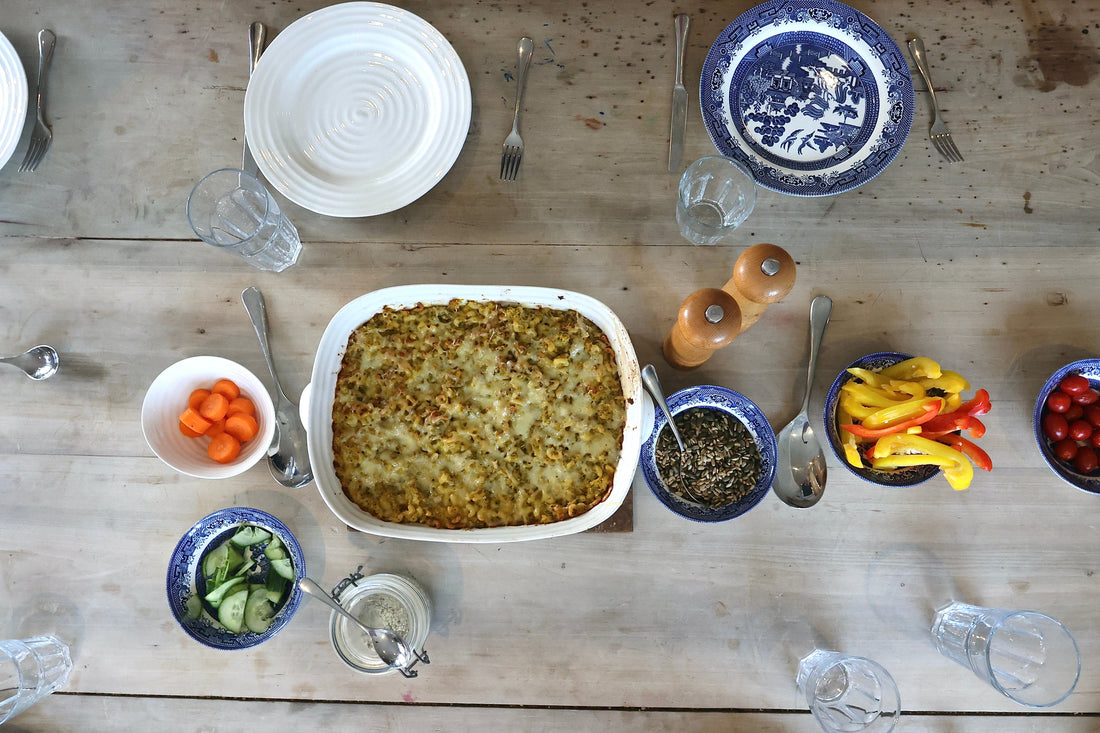
Understanding Nutrition
Definitions & key terms
“Nutrition is the biochemical & physiological process by which an organism uses food to support its life.”
Nutrients are not the same as Food Groups;
· Nutrients are the chemical components of foods that nourish the body,
· Food Groups are different categories of foods based on nutritional properties & characteristics.

Nutrients are commonly split into two groups;
· Macronutrients are the bits that you need a lot of & provide energy (Fibre, Water & Oxygen are also needed in large quantities but don’t provide any energy,
· Micronutrients are the bits your body needs in smaller quantities.
Fibre is technically a non-digestible complex carbohydrate but easiest to think of it as its own group
Types of Nutrients
· Carbohydrates are the body’s main fuel source. Providing energy, supporting brain health, muscle function, breathing, temperature regulation & blood sugar regulation.
There are three types of carbohydrates; Simple Carbs (sugars), Complex Carbs (starches) & Fibre (starches that can’t be digested). As complex carbs are harder to breakdown they fill us up for longer.
Carbohydrates should account for 1/3 of the food you eat.
· Proteins are used for the growth, repair & maintenance of our bodies (especially bones & muscles). They also support the function & healthy development of our organs, transports nutrients through our body & is essential in helping to fight off infections & keep a healthy immune system.
Proteins can be found in meat, poultry, fish eggs, dairy products but also nuts, seeds, legumes & beans.
Aim to eat 0.8 – 1g of protein per kg of body weight per day.
· Fats are used for energy, help the body to absorb vitamins & a source of some essential fatty acids.
There are different types of fat & they are not all equal; Saturated Fat, Mono-Unsaturated, Poly-Unsaturated & Trans Fats. Unsaturated fats are considered “good” fats bringing the above health benefits, over consumption of “bad” fats can cause weight gain and raising cholesterol.
· Vitamins & Minerals are needed in small amounts to function properly. With the exception of Vitamin D you can get all the vitamins & minerals your body needs from a healthy diet.

· Fibre is a form of complex carbohydrate that can’t be digested. Which means that is passes through your digestive system promoting good bowel health & help you absorb more nutrition.
There are two types of fibre; soluble (which lowers cholesterol & blood glucose), & insoluble (promoting healthy bowels).
Kids under 5 should be getting 15g of fibre per day.
Where to find nutrients at meal times?


